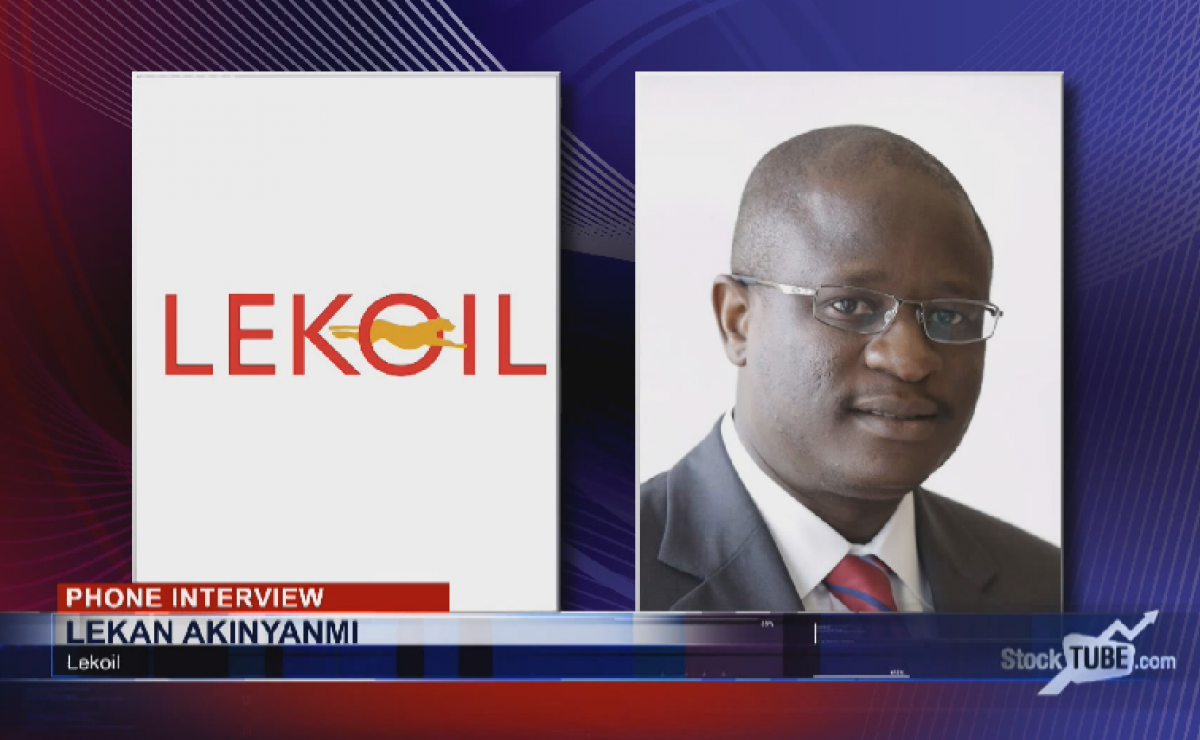Shareholders of London-listed Nigerian oil company Lekoil voted on Friday to approve an investor’s bid to add three members to the company’s board, in the culmination of a bitter dispute between its founder and its biggest shareholder.
The dispute between Lekoil founder and chief executive Lekan Akinyanmi and top shareholder Metallon even drew in Nigeria’s Ministry of Petroleum, and created more unwanted public turmoil for the company, which was caught out by a fraudulent loan last year.
A large majority of shareholders approved Metallon’s proposal to appoint Metallon CEO Thomas Richardson along with two others to the Lekoil board, expanding it to seven members.
Lekoil Chairman Mark Simmonds said he would stand down with immediate effect. The newly enlarged board will appoint his replacement.
Metallon, a private investment company that owns four gold mines in Zimbabwe, became a shareholder of Lekoil last March and now has a 15.1% stake, making it the top investor.
It says its proposal to expand the board will improve corporate governance and increase scrutiny of Lekoil’s finances.
“Today’s EGM result has delivered a clear mandate for change, in line with Metallon’s primary objective of a strengthened board, greater oversight and stronger governance at Lekoil, in order to unlock greater shareholder value for all,” Metallon CEO Richardson said in a statement after the vote.
Akinyanmi fought the change, and has said that if Metallon succeeded, they could be in “a very strong position to make a takeover attempt.”
Minister of Petroleum Resources, Timipre Sylva, sent a letter to Lekoil on Dec. 30 warning that he should have been informed and that there could be consequences for not notifying about “such significant change of shareholding.”
Ministry spokesman Garba Deen Muhammad confirmed on Thursday the letter and said that under Nigerian law, ministerial consent is required for acquisition or transfer of ownership transactions.
A year ago, Lekoil’s share price plunged after it said that a $184 million loan it had announced from the Qatar Investment Authority was a “complex facade” by individuals pretending to represent the authority.
The low share price and weak oil prices attracted Metallon, which was looking to diversify beyond gold, CEO Richardson told Reuters in a phone interview on Wednesday. It began purchasing shares last March.
But Metallon later encountered concerns, including high general and administrative expenses (GA) and a $1.9 million loan to Akinyanmi














